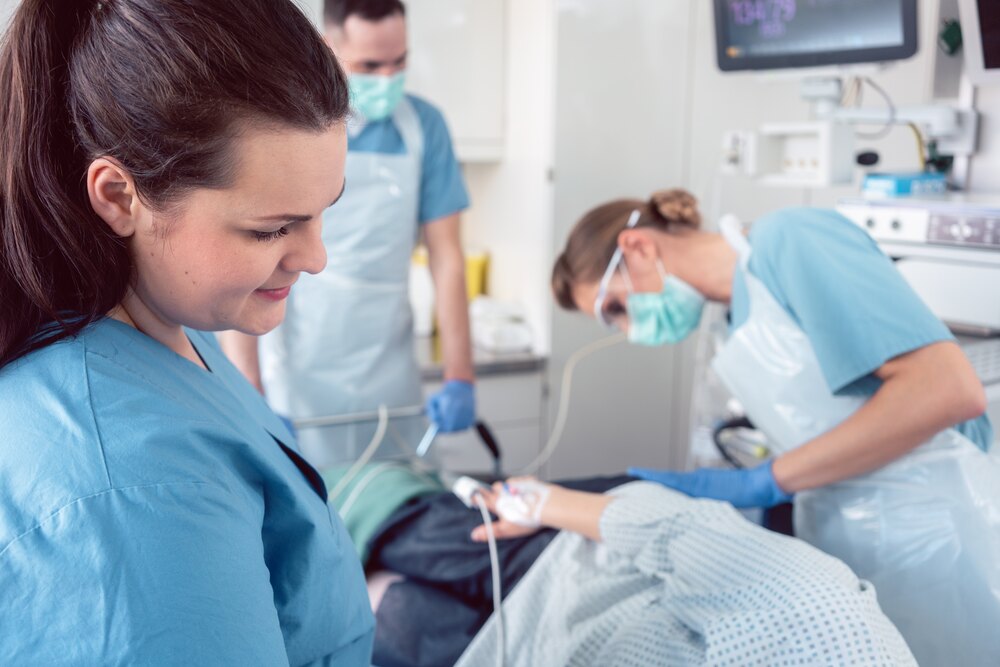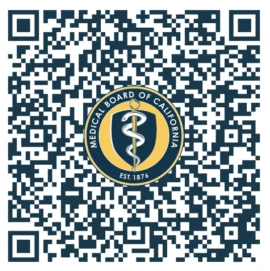Endoscopy and colonoscopy are vital diagnostic tools used to examine different parts of the gastrointestinal (GI) tract. If your doctor has recommended one or both of these procedures, you might be wondering how long they take and what the experience involves. Here’s what you need to know.
How Do Endoscopy and Colonoscopy Differ?
- Endoscopy: This procedure examines the upper GI tract, including the esophagus, stomach, and upper portion of the small intestine. A slim, flexible tube equipped with a camera, known as an endoscope, is used for the procedure.
- Colonoscopy: This examines the lower GI tract, specifically the colon and rectum, using a similar device called a colonoscope.
How Long Does an Endoscopy Take?
An endoscopy typically takes 15 to 30 minutes to perform. However, you should allow extra time for preparation and recovery:
- Preparation Time: Before the procedure, you’ll be asked to change into a gown and may receive sedation or anesthesia. This can take about 15 to 30 minutes.
- Recovery Time: After the endoscopy, you’ll need to rest while the sedation wears off, usually for 30 minutes to an hour before going home.
How Long Does a Colonoscopy Take?
A colonoscopy typically lasts between 30 to 60 minutes. Similar to an endoscopy, it’s important to factor in time for preparation and recovery.
- Preparation Time: In addition to the sedation process, preparing for a colonoscopy involves cleansing the colon, which starts the day before the procedure.
- Recovery Time: Most patients need about an hour to recover from sedation before leaving the facility.
Why Might You Need Both Procedures?
In some cases, your doctor might recommend both an endoscopy and a colonoscopy during the same appointment to provide a comprehensive view of your GI tract. When performed together, the total procedure time can range from 60 to 90 minutes, plus recovery time.
What to Expect During Each Procedure
- Endoscopy: You’ll lie on your side as the endoscope is gently inserted through your mouth. The procedure is typically painless, thanks to sedation or anesthesia.
- Colonoscopy: During a colonoscopy, you’ll lie on your side while the colonoscope is gently inserted through the rectum. Sedation ensures minimal discomfort.
How to Prepare
- Endoscopy Preparation:
- Refrain from eating or drinking for 6 to 8 hours prior to the procedure.
- Let your doctor know about any medications you are taking or any existing health conditions.
- Colonoscopy Preparation:
- Follow a clear-liquid diet and take the prescribed bowel prep to cleanse the colon.
- Refrain from consuming solid foods for at least 24 hours before the procedure.
Recovery and Aftercare
After both procedures, you may experience minor symptoms like bloating, gas, or a sore throat (for an endoscopy). It’s important to:
- Have someone drive you home, as sedation can impair your ability to drive.
- Rest for the remainder of the day.
- Adhere to your doctor’s guidelines concerning diet and medications.
Final Thoughts
While an endoscopy and colonoscopy may seem time-intensive, they provide critical insights into your digestive health. With proper preparation, the procedures are quick, safe, and effective.
If you have questions or need to schedule an appointment, contact Digestive Disease Consultants of Orange County for expert guidance and care.



